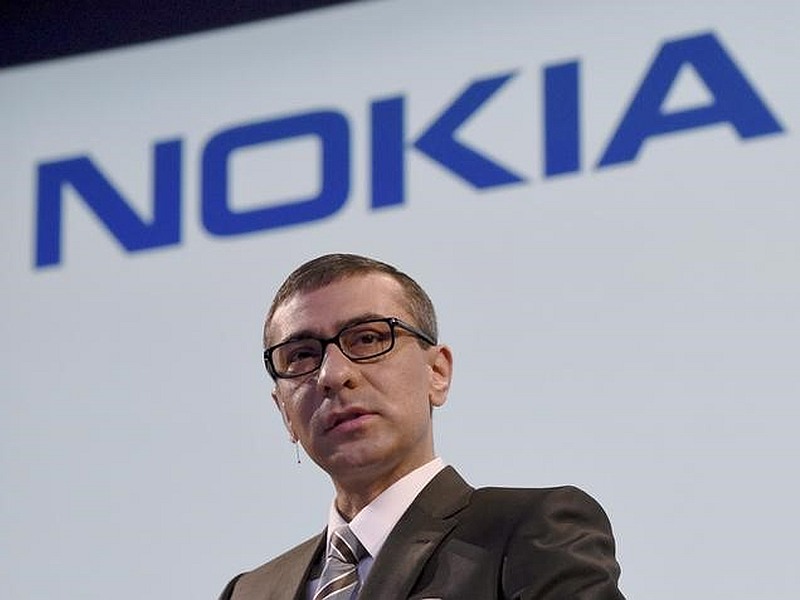Table of Contents
Introduction
Hook: When you think of mobile phones, the name Nokia often comes to mind, reminiscent of an era when it ruled the telecommunications world.
Nokia’s Legacy: A Historical Overview and Milestones
The Rise of Nokia
Nokia’s journey began in 1865 as a pulp mill in Finland. It wasn’t until the late 20th century that it pivoted towards telecommunications, becoming a global leader by the 1990s.
Innovations and Iconic Models
- Nokia 3310: Known for its durability and long battery life, it became a cultural icon.
- Nokia 1100: One of the best-selling mobile phones of all time.
The Decline and Shift
In the late 2000s, despite its dominance, Nokia failed to adapt quickly to the smartphone revolution led by Apple and Samsung. This led to a significant decline, culminating in the sale of its mobile division to Microsoft in 2014.
You Also Like: Nokia’s Revival: Strategies, Market Position, and Future Prospects
Current Market Dynamics: Nokia’s Position in 2023
The Rebirth Through HMD Global
After the sale to Microsoft, the brand experienced a rebirth under HMD Global. This Finnish company acquired the license to produce Nokia-branded phones, releasing a range of new smartphones and feature phones.
Current Product Line
- Nokia 9 Preview: Known for its penta-lens camera system.
- Nokia 8.3 5G: One of the initial 5G-enabled phones in its lineup.
Market Strategy
Nokia is focusing on:
- Budget and mid-range smartphones.
- Feature phones for developing markets.
- Leveraging the Android One program for clean, regular updates.
Competitors and Market Share
Despite these efforts, Nokia faces stiff competition from brands like Xiaomi, Oppo, and OnePlus. Its market share is still small compared to industry giants like Apple and Samsung.
Collaborations and Innovations
Nokia has been proactive in forming partnerships and innovating:
- Collaborating with Google on Android One.
- Investing in 5G technology and network solutions.
Key Takeaways
- Nokia has a storied history and was once a global leader in mobile phones.
- After a decline, it has been revitalized under HMD Global.
- It now focuses on budget to mid-range smartphones, feature phones, and 5G technology.
- Despite competition, it maintains a presence through strategic partnerships and innovations.
In conclusion, while Nokia may not hold the market dominance it once did, it remains relevant through continuous adaptation and strategic market positioning. Whether it can reclaim a top spot in the future remains to be seen, but its legacy and enduring brand value give it a fighting chance.
Conclusion:
Nokia’s journey is a testament to resilience and adaptation. While its path forward is uncertain, its strategic moves and enduring legacy make it a brand worth watching.





